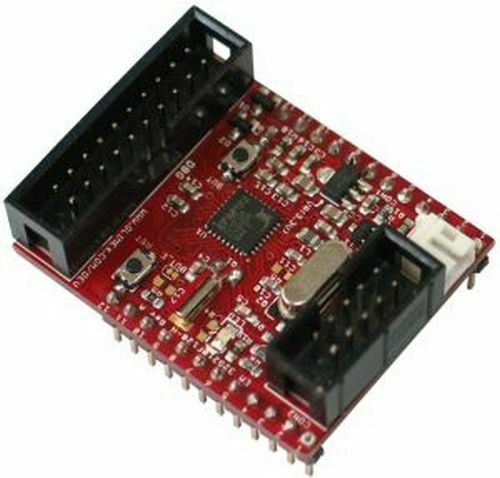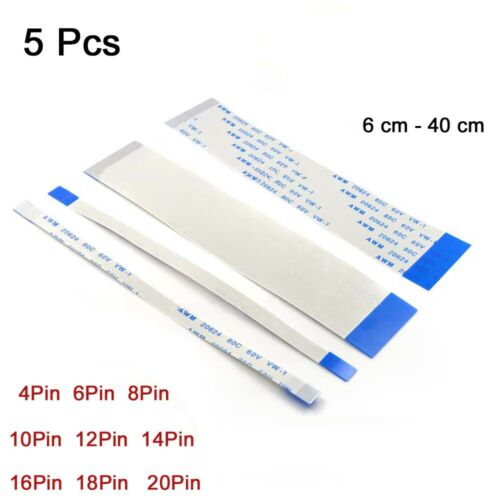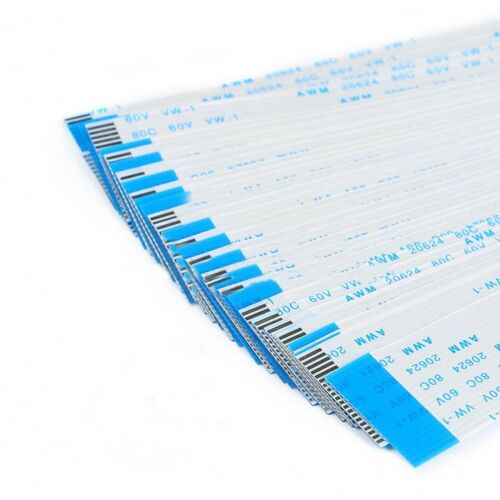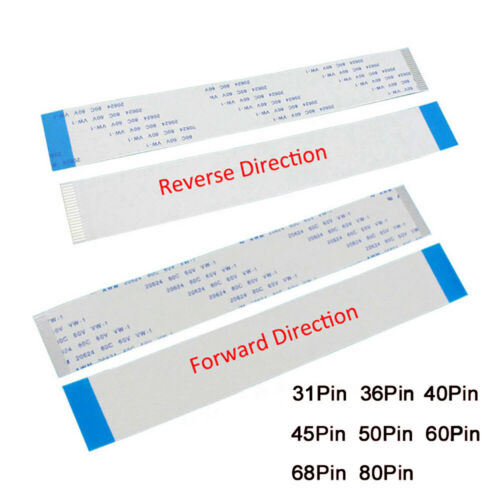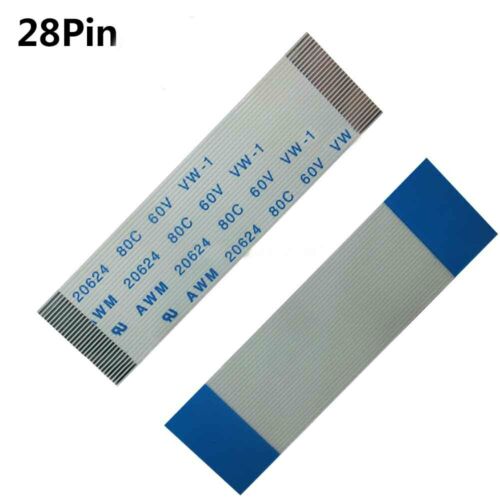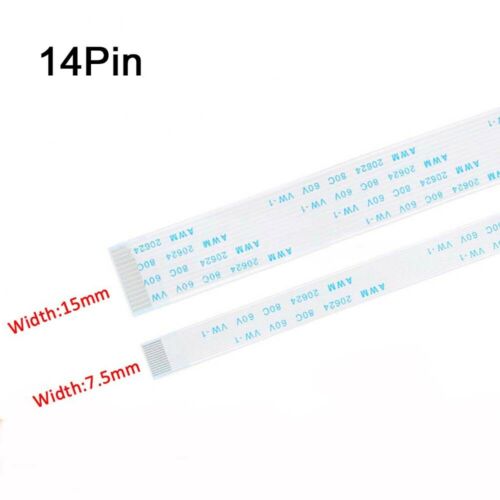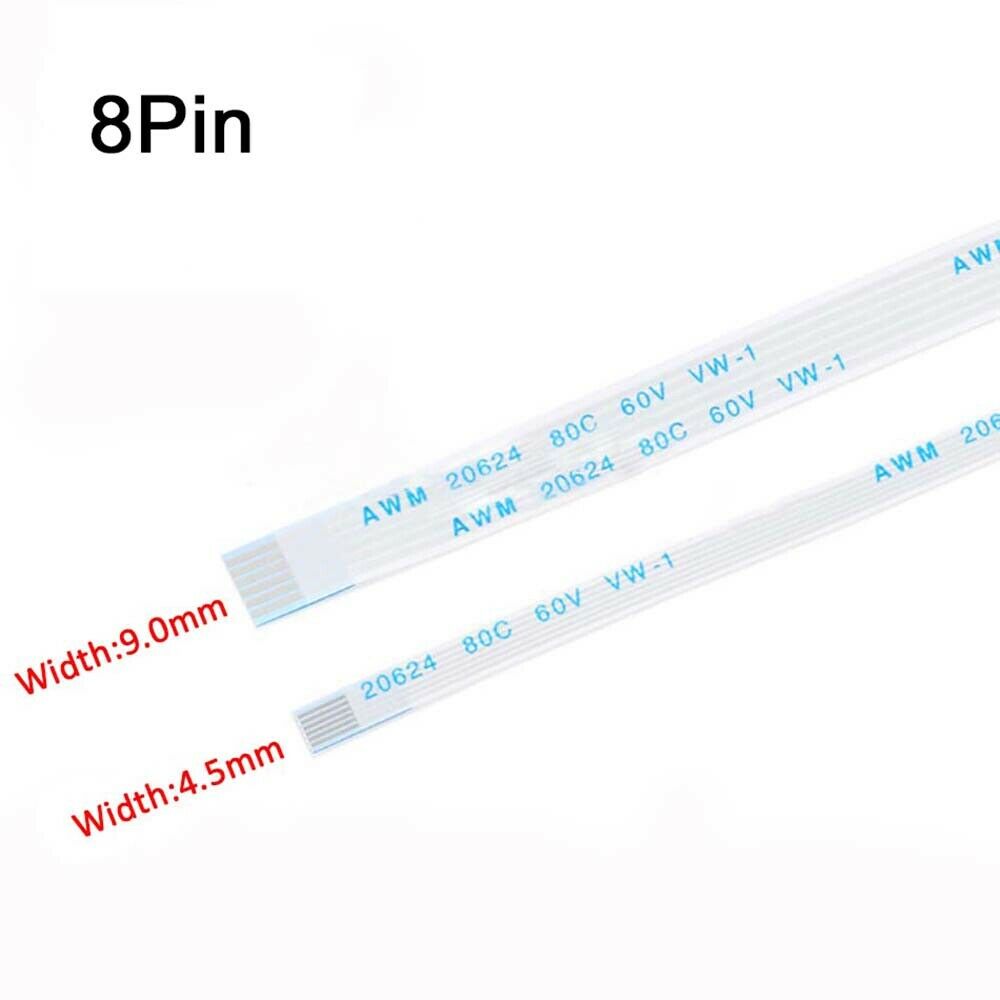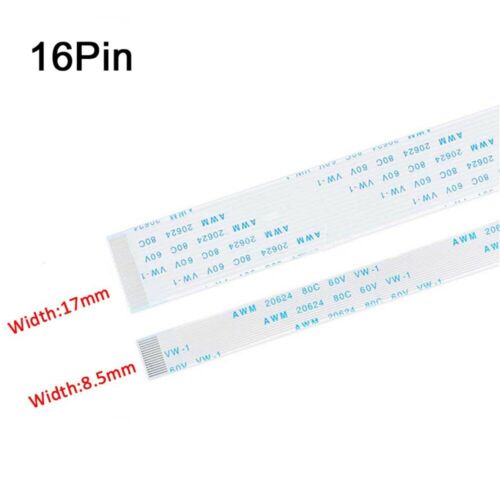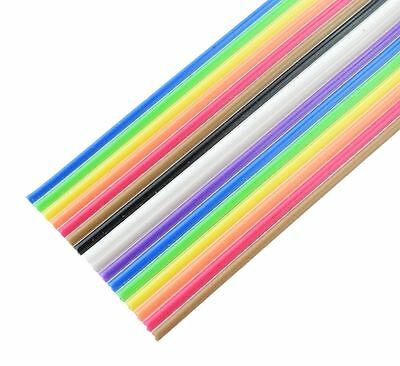-40%
Energy Micro EFM32G210F128 (ARM Cortex-M3) Header Board
$ 3.55
- Description
- Size Guide
Description
Energy Micro EFM32G210F128 (ARM Cortex-M3) Header BoardEM-32G210F128-H
EM-32G210F128-H is a small header board with the EFM32G210F128 ARM Cortex-M3 microcontroller from Energy Micro AS. With a unique combination of the powerful 32-bit ARM Cortex-M3 core, innovative low-energy techniques, short wake-up time from energy-saving modes, and a wide selection of peripherals, the EFM32G210F128 microcontroller is well suited for any battery-operated application as well as other systems requiring high performance and low energy consumption. The board has a DBG connector for programming/debugging, a UEXT connector for adding peripheral module boards to it, a user button, status LED, and reset button.
EFM32G210F128 Header Board Features
MCU: EFM32G210F128 32 bit Cortex-M3 with 128K Bytes Program Flash, 16K Bytes RAM, 21 GPIO, 8 Channel DMA, 12 bit ADC 1Msps, UART/SPI, low-power UART, I2C, 16-bit Timers, CC-PWM, SSC, RTC, WDT, up to 32MHz operation
DBG 2×10-pin layout for SWD programming/debugging, e.g. with
ARM-JTAG-EW
in IAR or a combination of
ARM-JTAG-TINY-H
and
ARM-JTAG-SWD
in CrossWorks
UEXT connector (see below)
Li-ion battery connector
Reset circuit and button
Status LED
User button
On-board voltage regulator 3.3V with up to 800mA current
Power supply LED
Power supply filtering capacitor
32 MHz crystal
32.786 kHz crystal
Extension headers for all µC ports + RST and power supply
PCB: FR-4, 1.5 mm (0.062"), soldermask, silkscreen component print
Dimensions: 43 × 34.5 mm (1.7 × 1.35")
Distance between the headers: 30.48 mm (1.2")
Powering the EM-32G210F128-H
The board typically would be powered by a 3.7V Lithium-Ion battery (not included). However, the battery connector can accept up to 5V DC. The board also can be supplied power through extension CON2
pins 10
(VIN 3.8V to
6V DC)
& 11 (GND), or from the DBG connector
pin 19
(3.8V to
6V DC).
Board consumption with all peripherals enabled is about
7 mA.
